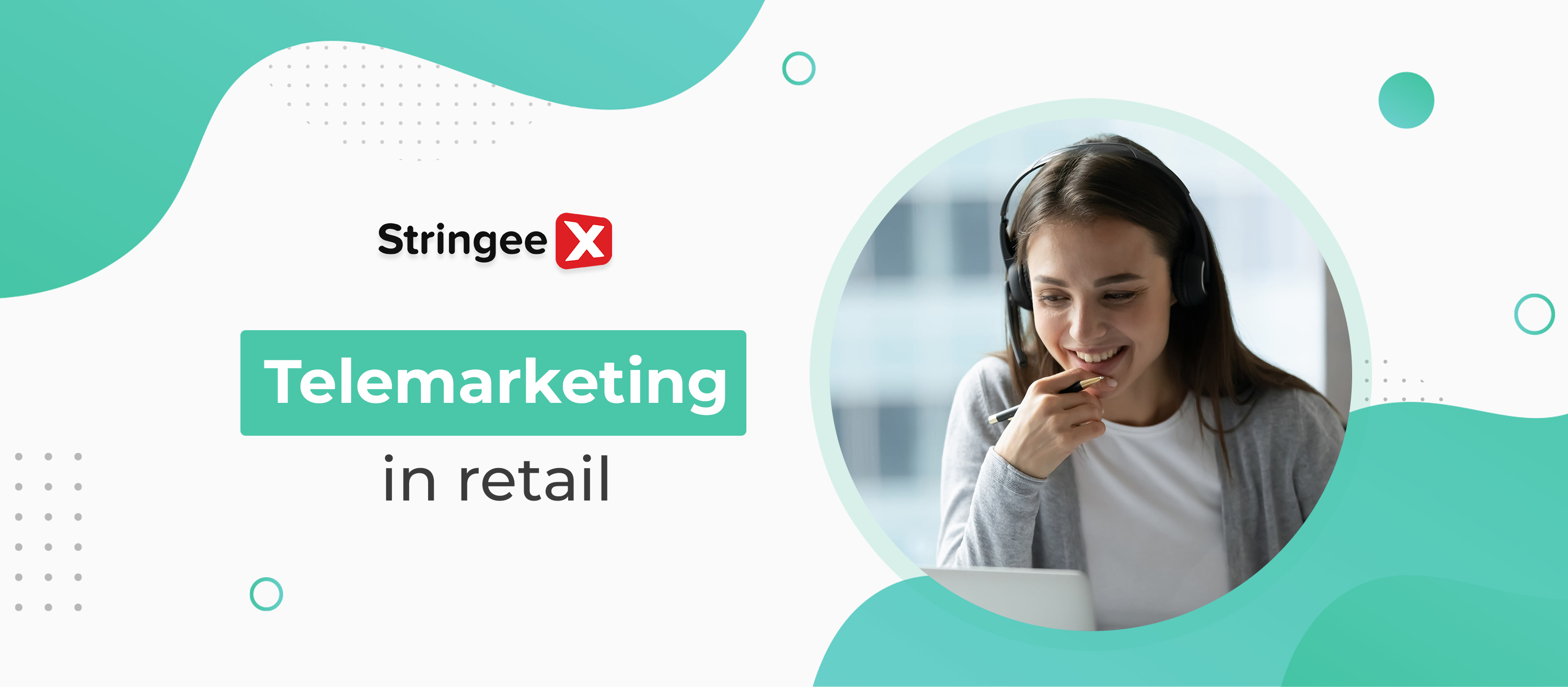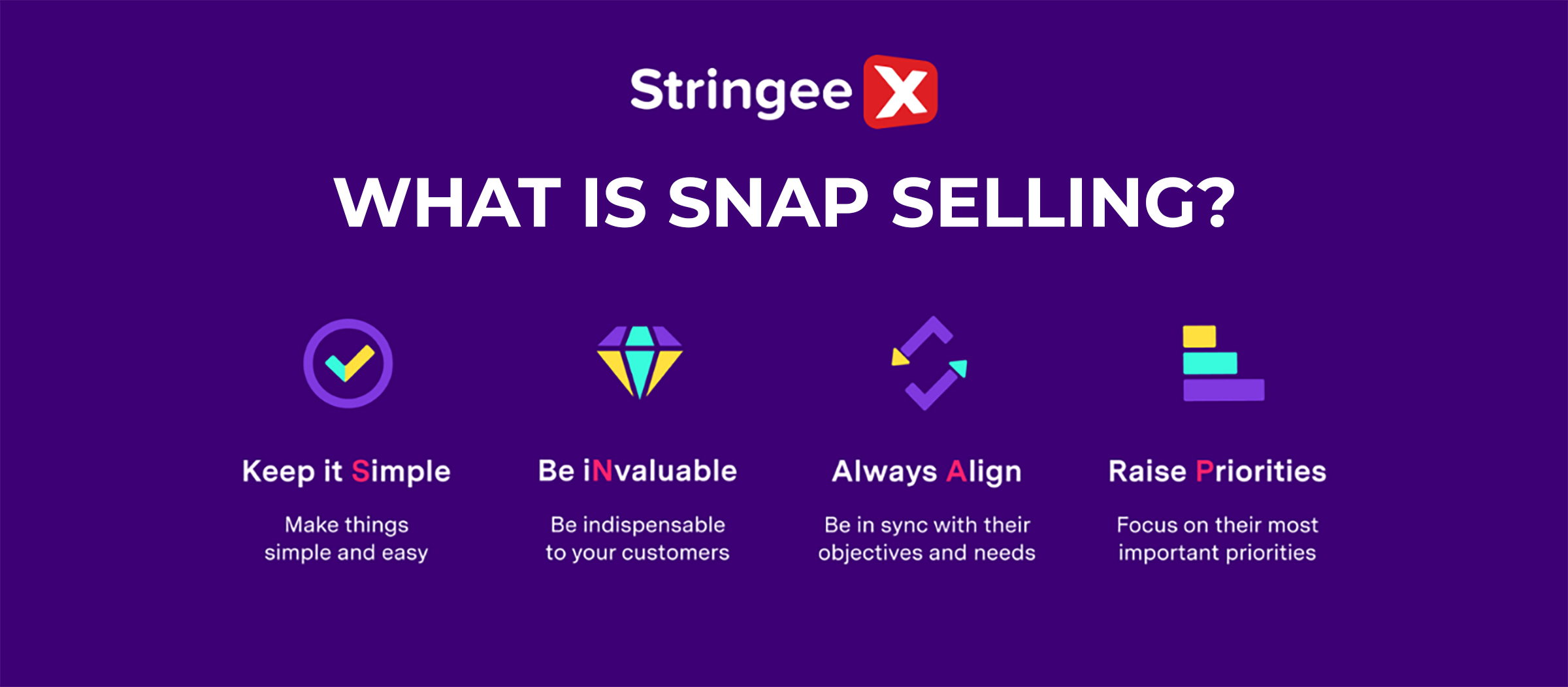Introduction
We understand if you have doubts about the effectiveness of telemarketing in retail in today's digital era.
Still, the truth remains: it's one of the most direct (not to mention budget-friendly) ways to attract new customers and keep current ones engaged with your offerings. Our team of telemarketing specialists has compiled relevant sales-boosting strategies via this classic approach; keep reading to learn more!
An Overview Of Telemarketing In Retail
Agents use the phone to sell products or generate interest in a retail store's offerings (Image source: Pxhere).
The term telemarketing in retail refers to the practice of using the phone to sell products or generate interest in a retail store's offerings. Despite their declining popularity (mainly due to the rise of e-commerce), telemarketing techniques still prove practical for most retailers.
For one, those who might not be regular online shoppers are still informed about the store's offerings, and building rapport via a more personalised touch is also easier this way. Plus, it's a great tactic to promote special offers and discounts!
Two main types of telemarketing calls have been circulating the market:
Outbound Telemarketing
Here's where salespeople directly call potential customers to introduce them to the business products. Sometimes, they might highlight promotions or even close a sale over the phone.
Your agents can approach this via cold calling (reaching out to people who haven't expressed interest before) or contacting existing customers with targeted offers.
Inbound Telemarketing
With inbound telemarketing, agents answer sales calls from customers already interested in the store's products. Cases in point:
- Following up on online inquiries
- Taking orders placed over the phone
- Providing customer service
- Answering questions about products
5 Ways To Increase Sales In Telemarketing In Retail
Tip #1. Do Not Sound Scripted
The session should feel like an intimate coffee with a friend (Image source: Pexel).
Scripts can be a crutch that makes you seem robotic or, worse, disinterested. It's time to ditch (parts of) the script and have real conversations that convert.
Deep, professional product knowledge is paramount, so read manuals carefully and attend all available training sessions regarding the usage and functions of this particular product. Once becoming an expert, you can confidently answer every question and tailor your pitch to specific situations!
For instance, instead of following a predetermined outline, you can break from the path and ask open-ended questions like "What are your biggest challenges with [current situation]?" or "How would an ideal solution look for you?" Let the conversation unfold naturally and address their specific pain points.
Most importantly, always pay attention to keywords. You can even use the prospect's own vocabulary or paraphrase them to personalise your responses and show them you genuinely want to get to the roots of their concerns. The session should feel like an intimate coffee with a friend, not just reciting lines to a stranger.
Example
Let's say you are selling management software.
Most entry-level agents would launch immediately into a script about features, but that's not the way to go. Instead, spend the first few minutes listening to the lead's frustrations about missed deadlines or disorganised teams.
Then, you can say, "It sounds like keeping track of everything is a big challenge. Our software helps teams stay on the same page and hit deadlines consistently...." and gradually guide the potential clients deeper into this software.
Tip #2. Keep Your Promises
Retail telemarketing (or telemarketing in general) has a bad rap for empty promises.
To succeed, you must understand that inflating features or benefits is the surefire way to ruin the brand's credibility. Be upfront about both the pricing and limitations (no product is 100% perfect, after all), and focus on how your product genuinely solves their problems!
Never promise unrealistic miracles, either; your explanation should highlight how this product improves their situation over time. For example, if you're selling marketing software, it would be much better to discuss its benefits in long-term brand awareness (more likely) and not just overnight leads (unlikely).
If possible, don't hesitate to go above and beyond their expectations with a free product demo or a helpful tip beyond the initial pitch. You can even connect your prospective customer with a relevant industry resource! They will be more likely to take your advice when it's evident how deeply you care about their success.
Example
When pitching for a security system, you should not say it will "keep everyone safe." Explain its features and their realistic functions (applying specifically to that neighbourhood). Send them a brochure with safety tips if possible.
Tip #3. Actually Listen To Your Leads
Customers do not like it when agents act like they are experts in everything (Image source: Freerangestock).
Prospective clients do not purchase a product out of nowhere; they have actual problems that they need to solve. Thus, you should train your sales representatives to listen and tune their responses to these (sometimes unsaid) needs.
For starters, let the lead express all their concerns, no matter how long it takes.
Sometimes, silence might seem uncomfortable - which is why many agents try to break it as quickly as possible - but it does encourage prospects to gather their thoughts and reveal valuable insights. So wait until they have laid everything on the table, and do not interrupt them during the process.
Also, contrary to popular belief, customers do not like it when agents act like they are experts in everything; this overconfidence usually comes across as arrogant.
It would help if you (or your agents) used questions like "Can you tell me more about that?" or "What would an ideal solution look like for you?" to both express empathy and confirm your understanding. From there, you can tailor your sales pitch accordingly.
Example
Suppose your company majors in website designs. Your lead might just say they need a "new website." But after listening closely, you realise they're frustrated with low product sales and an outdated design that doesn't reflect their brand.
You can then position your modern design service as a creative approach to converting visitors into customers.
Tip #4. Continuously Analyse Your Data
Numbers are the language of success, so learn to speak it fluently.
A CRM (Customer Relationship Management) system is a great place to start; even a simple spreadsheet that records details from every call will work. You can always use them to track the date, time, lead information, call duration, and outcome (e.g., sale, no answer, specific objection)!
In addition to areas where your agents excelled, it would help if you listened closely to the recordings to identify opportunities for improvement. For example, did the agents miss a buying signal because they weren't asking open-ended questions? Could their tone have been more enthusiastic?
Remember to look for trends and patterns in your call metrics, too. Specific times of day (or days of the week) might yield better conversion results, or certain demographics respond more favourably to your pitch. Leverage those insights to target the most receptive audience at the most reasonable times.
Important: Numbers can be a powerful motivator, but don't get discouraged by occasional dips in performance! Instead, you should focus on long-term trends. Cases in point:
- Call-to-connect ratio (number of calls that reach a live person compared to total telephone calls)
- Conversion rate (percentage of calls that result in a sale)
- Average sales value
Example
Your data reveals a significant drop in call connections on Mondays. This result might indicate that mornings aren't the best time to reach your target audience. So, stop continuing the morning grind and shift your call schedule to afternoons or evenings (when your target audience might be more receptive).
Tip #5. Hire The Best Telemarketing Companies In India
StringeeX is one of the best virtual call centres (Image source: StringeeX).
Effective telemarketing strategies can only become a powerful tool for your retailer when you partner with the best telemarketing company! They have both resources and expertise to help you connect the right people at the right time - not to mention, a professional perspective also helps project a polished, trustworthy image for your brand.
Furthermore, according to our research, outsourcing telemarketing services can be much more cost-effective than managing an in-house team. You only pay for the services you need; the company will shoulder the responsibilities of infrastructure, training, and more!
Example
StringeeX, one of the best virtual call centres on the market, offers a powerful package of features.
Aside from the generous scalability opportunities (due to the lack of need for physical company offices), it also introduces a convenient IVR system. All basic interactions (such as greetings, appointment scheduling, product information delivery, etc.) are automated, and the calls get routed to the most qualified sales agents.
Better yet, your sales team can connect with audiences through multiple channels (phone, email, SMS, social media) using a single interface to ensure consistent messaging across all marketing channels.
Coupled with budget-friendly plans, StringeeX is sure to give your retailer major advantages amidst intense competition in your target market.
Mistakes To Avoid In Telemarketing Campaigns In Retail
- Blasting out the price too soon (at the beginning of a conversation) is a deadly mistake. At this point, customers have not yet understood your product's value proposition; no wonder they are scared off!
- A lack of a script makes you sound unprepared and leads to rambling disorganised conversations. We did mention earlier that you should not sound scripted, but that is not your excuse to wing it on the phone.
- We all dislike assertive, overbearing people, and so do our customers. Dominating the conversation with nonstop talk time leaves them no room to express their needs and (understandably) will not convert into actual sales.
- Failing to follow up after an initial call is definitely a missed opportunity.
Conclusion
Despite newer marketing approaches, telemarketing in retail can still be effective.
However, there's the tricky factor; it works wonders if done right and backfires horribly if not. So, keep our tips in mind, and don't hesitate to contact our telemarketing professionals if you need help with your marketing plan.










